Lapland is a dreamed location for those aiming for northern lights, extreme wilderness, cross-country skiing — and also bagging some Arctic goodies. Looking for birds across Finnish Lapland is a must on the way to the mythical tundra of Varanger up in Norway. Conveniently located next to Kaamanen town halfway between Rovaniemi and Varanger, Neljän Tuulen Tupa (Finnish for “hut of the four winds”) is a hotel-restaurant by the road and has become a compulsory stop on the way north thanks to bird feeders next to the restaurants.
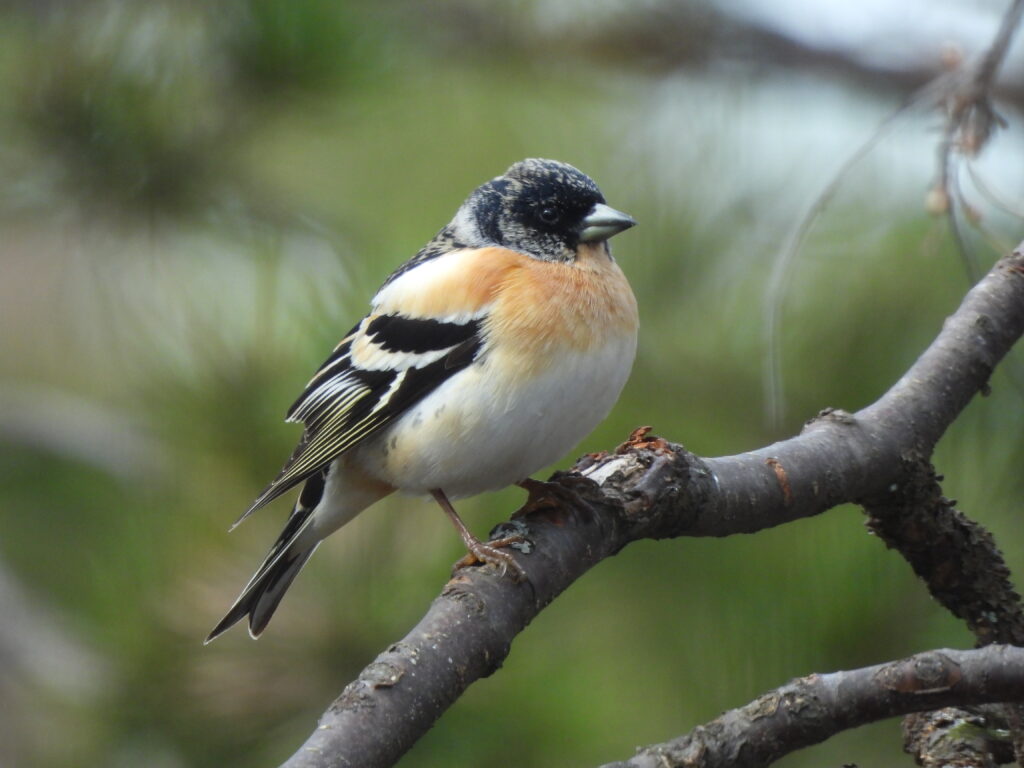
My two visits to Varanger apparently overlapped with the breeding period for gray-headed chickadee (Poecile cinctus) and Siberian jays (Perisoreus infaustus), explaining why I failed at connecting with these far north birds on my visits to the inn. However, Neljän Tuulen Tupa had much more to offer.
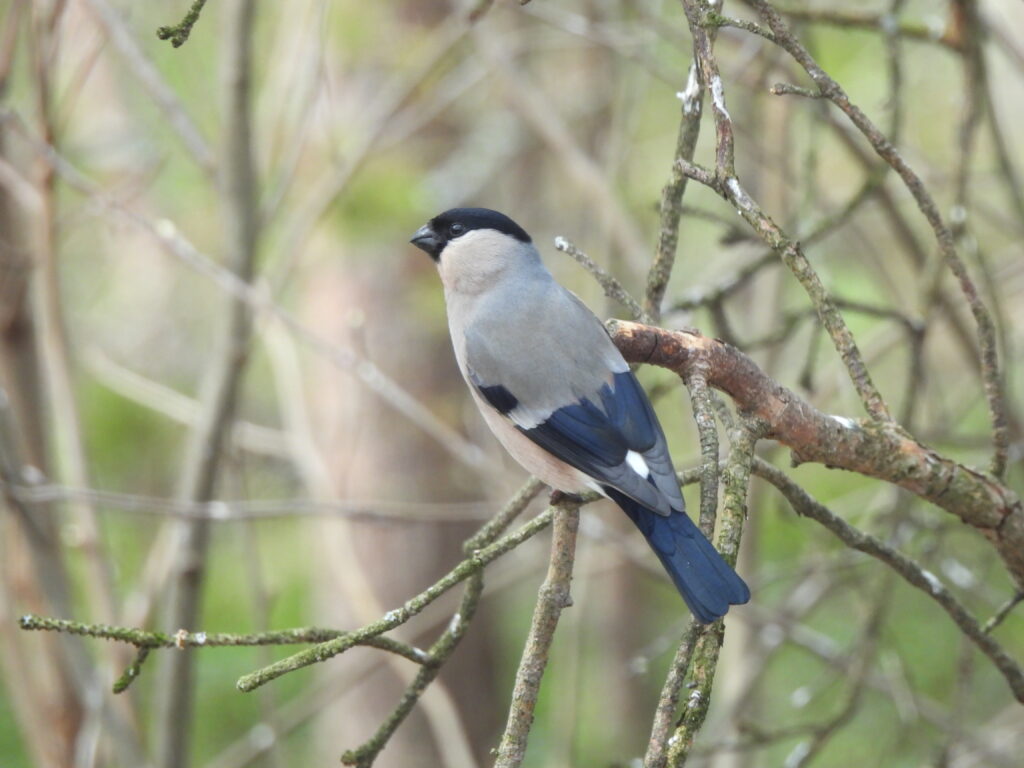
There is nothing parallel to enjoying a warm drink or a tasty local dish while observing a flock of over a hundred bramblings (Fringilla montifringilla) sporting all sorts of plumages right on the other side of the glass.

These northern finches do not come alone. Greenfinches (Chloris chloris), redpolls (Acanthis flammea), siskins (Spinus spinus) and even chaffinches (Fringilla coelebs) also join the feeders. Great tits (Parus major), tree sparrows (Passer montanus) and house sparrows (Passer domesticus) also made it to this latitude — year-long food supply likely allows passerines best suited for southern climate to withstand these latitudes.
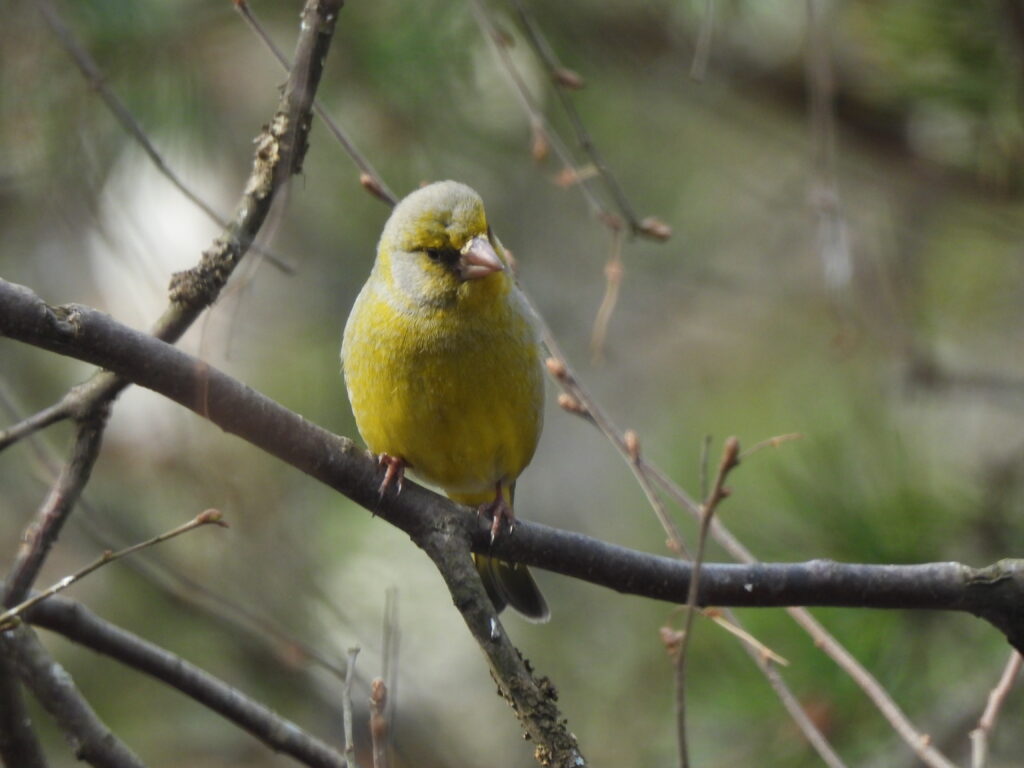
The highlight of this establishment must be the pine grosbeak (Pinicola enucleator). This giant of a finch is a silent inhabitant of taiga forests from Scandinavia through Siberia all the way to North America. The species seems to be regularly observed across North America, contrasting with the erratic nature of the species in the Old World. Nonetheless, Neljän Tuulen Tupa gathers around 20 % of all eBird records of pine grosbeaks in tje whole of Eurasia.
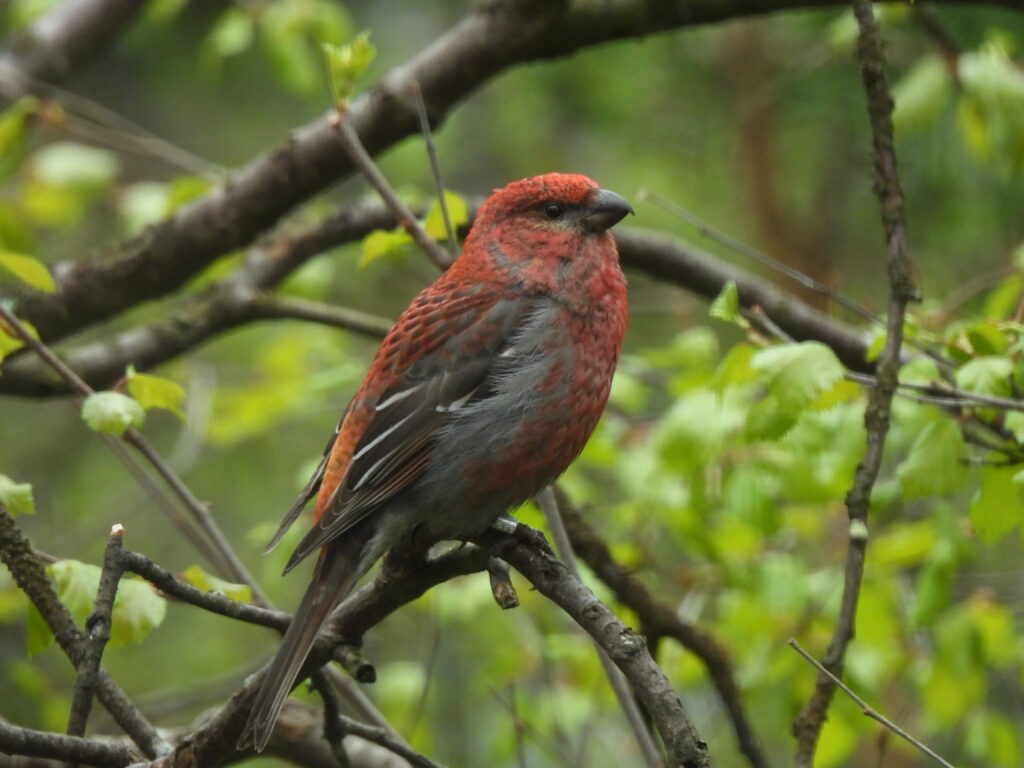
I have enjoyed prolonged, close looks of different pine grosbeaks on all my stops at Neljän Tuulen Tupa. Adult males are catchy with a bright pinkish red and gray plumage while females and juveniles are not less stunning, sporting orange, olive green and gray.
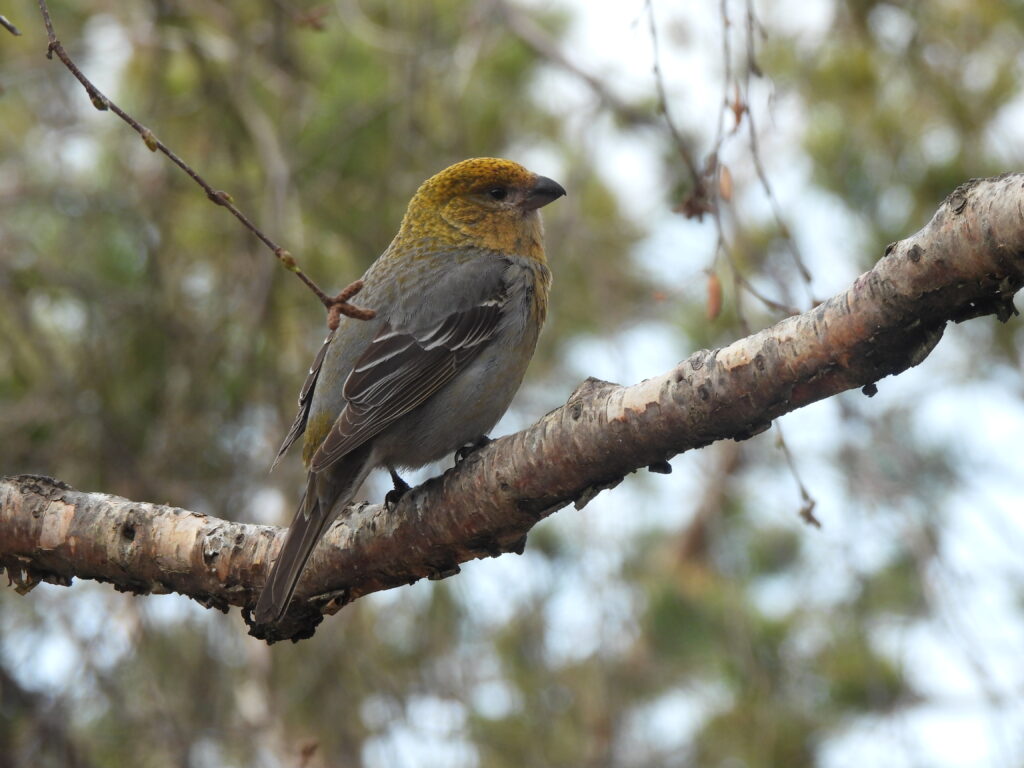
My first visit back in June 2023 provided numerous red squirrels (Sciurus vulgaris) — often more gray than red in Finland — stealing seeds from the seeders, only confronted by a great spotted woodpecker (Dendrocopos major). A couple of unexpected, funny mallards (Anas platyrhynchos) walked on the snow and pecked in the ground. Eurasian magpie (Pica pica) and Eurasian jay (Garrulus glandarius) also foraged close to the feeder.
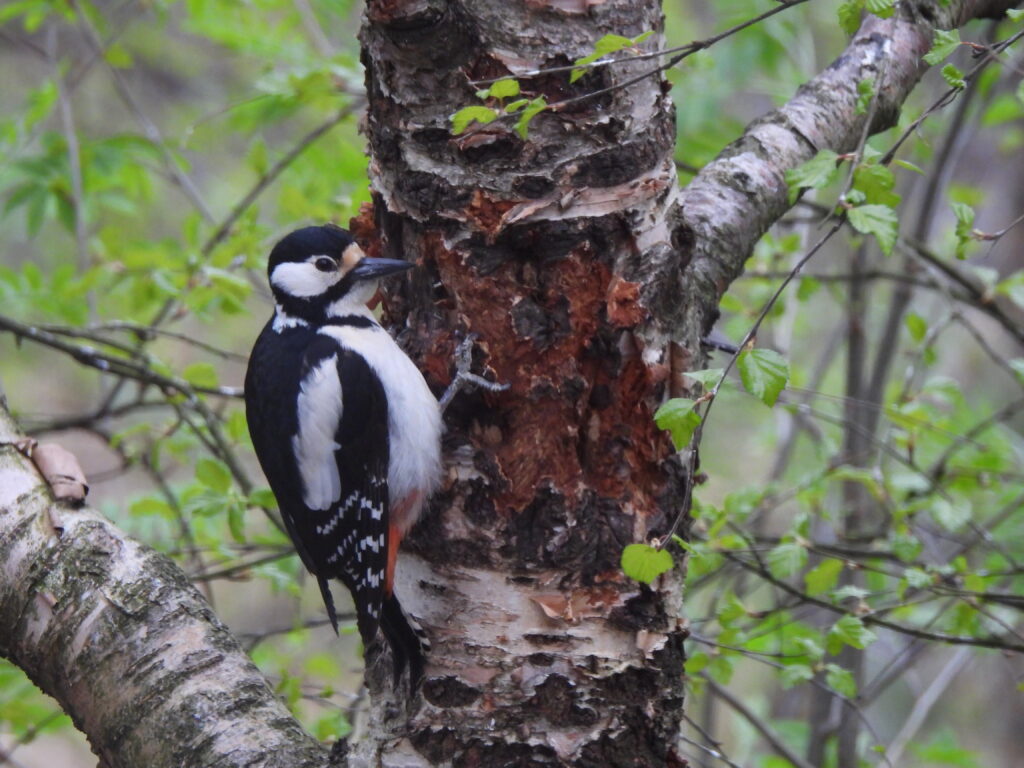
However, only during my last visit in late May 2024 I connected with an all-time favorite of mine. Eurasian bullfinches (Pyrrhula pyrrhula) showed up in the finch flock along with grosbeaks, and provided awesome looks just as the rest of the birds here.
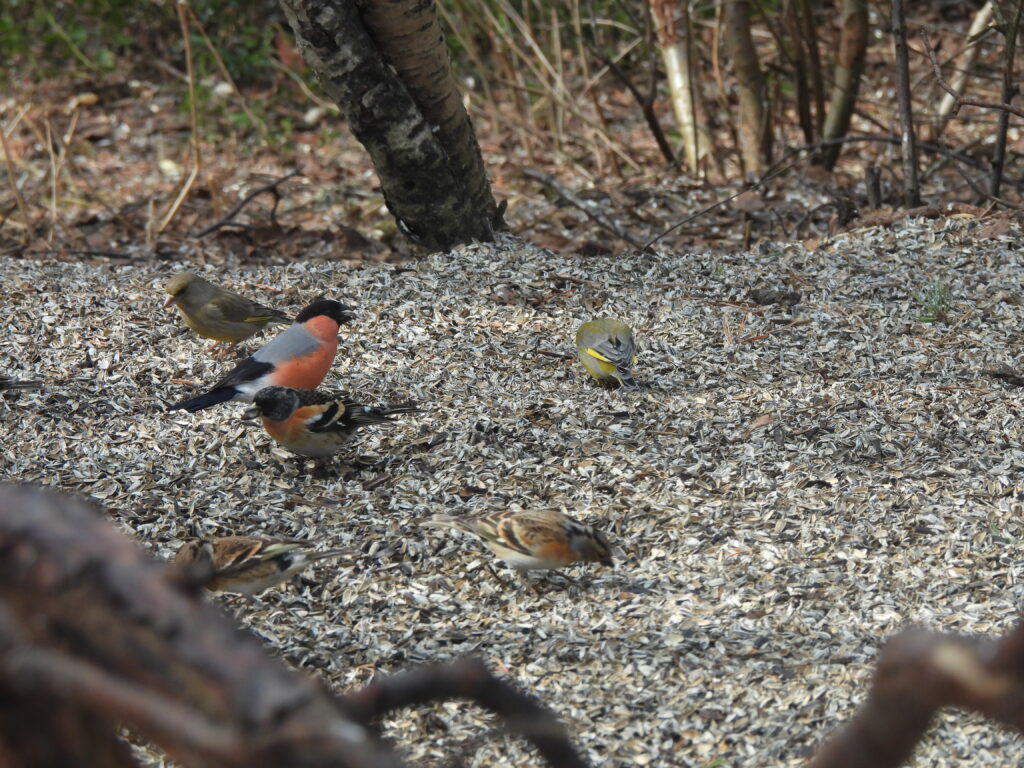
While distances are massive and relatively homogeneous habitats stretch for dozens of kms, driving around the area can result in different additions. Surrounding lakes on the road feature common scoters (Melanitta nigra), red-breasted mergansers (Mergus serrator), common goldeneyes (Bucephala clangula) or arctic loons (Gavia arctica).
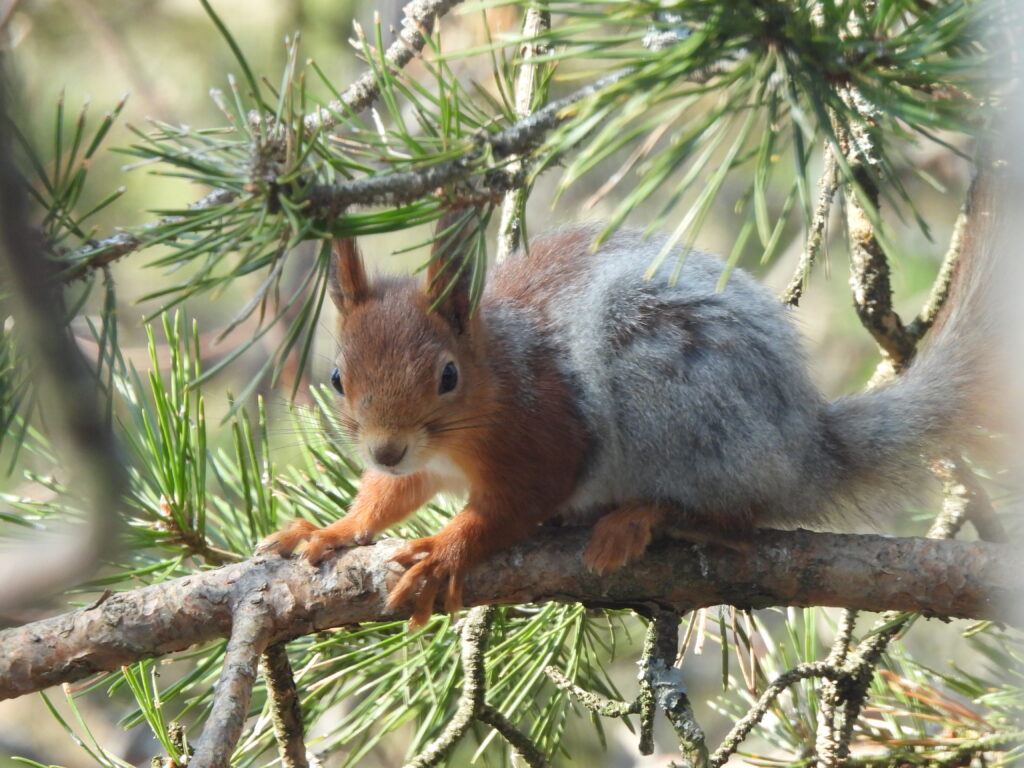
Despite many forest specialties usually forage by the feeders, this is not the case for other species. The trees around the inn produced singing willow warblers (Phylloscopus trochilus) and pied flycatchers (Ficedula hypoleuca) on my visits. The area is good for breeding, inconspicuous Bohemian waxwings (Bombycilla garrulus) which can be seen with some effort.




